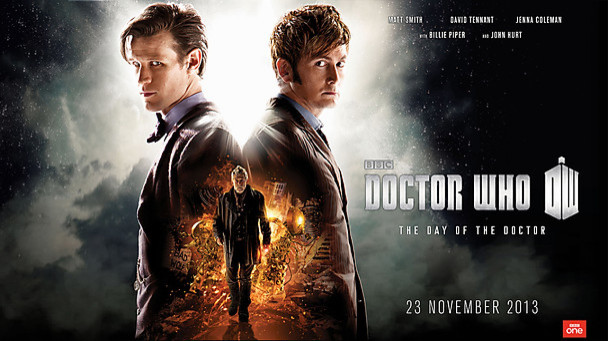BBC's 'Doctor Who', 'Top Gear' And 'Teletubbies' Might Get Their North Korean Debut

What do dancing cherubic babies, car talk, and a time-traveling humanoid have in common? They could soon be getting an audience in the world’s most isolated country, North Korea.
According to the Independent, the BBC has struck a deal with North Korea’s totalitarian regime to air three programs from the British television network: "Dr. Who," "Top Gear" and "Teletubbies." After several months of negotiations, the three shows were reportedly selected by the North Korean leadership to be considered for legal distribution.
Any access to foreign television programs would be monumental for a country that restricts Internet, press, music and all other forms of media. Much of the television programming is created and approved by the state. One popular show called “It’s So Funny” is mostly slapstick humor featuring two soldiers, and is a rare but welcome break between official news announcements. Any foreign entertainment added to the lineup would have to pass close scrutiny — nothing too political, extravagant, or even modern.
“Extensive enquiries have been made about what these three shows involve and If they would be suitable for the [North] Korean people,” an anonymous insider told the British newspaper. “Anything too political was not suitable, but these are entertainment shows, and one of them is for young children.”
Talks on the initiative began last year between the UK’s Foreign Office and North Korea. The office was asked to draw up a list of programs that they thought would be suitable for the North Korean audience. Foreign Secretary William Hague said the exchange would be “a good way to improve understanding about the outside world within such a closed society.”
A long, arduous process followed, which involved a North Korean envoy from the London embassy discussing at length shows that are suitable. After settling on the three programs, a synopsis was sent to Pyongyang for review. Though no timeline has been given for when an approval or denial is expected, BBC Worldwide is supposedly already in contact with local broadcasting authority.
In the past, there were allegations that watching foreign television could be a death sentence for a North Korea citizen. South Korea’s JoongAng Ilbo newspaper reported that the communist regime executed people for such “crimes” as smuggling DVDs of South Korean television shows in the country. This time around, however, the programming would go through legal channels, but still would not much change the media landscape, which is mostly dedicated to praising the government.
Korean Central Television airs for six and a half hours a night for those citizens wealthy enough to have television access.
© Copyright IBTimes 2024. All rights reserved.






















